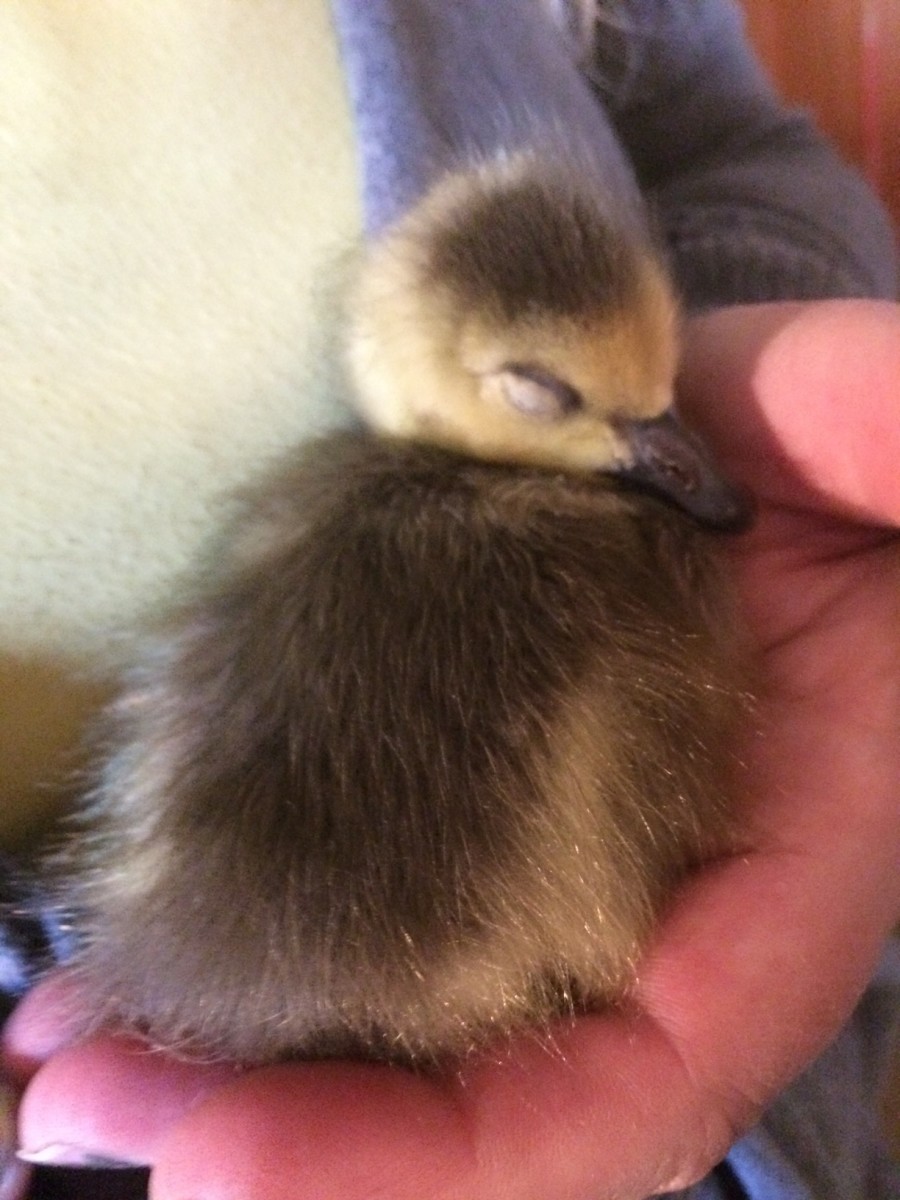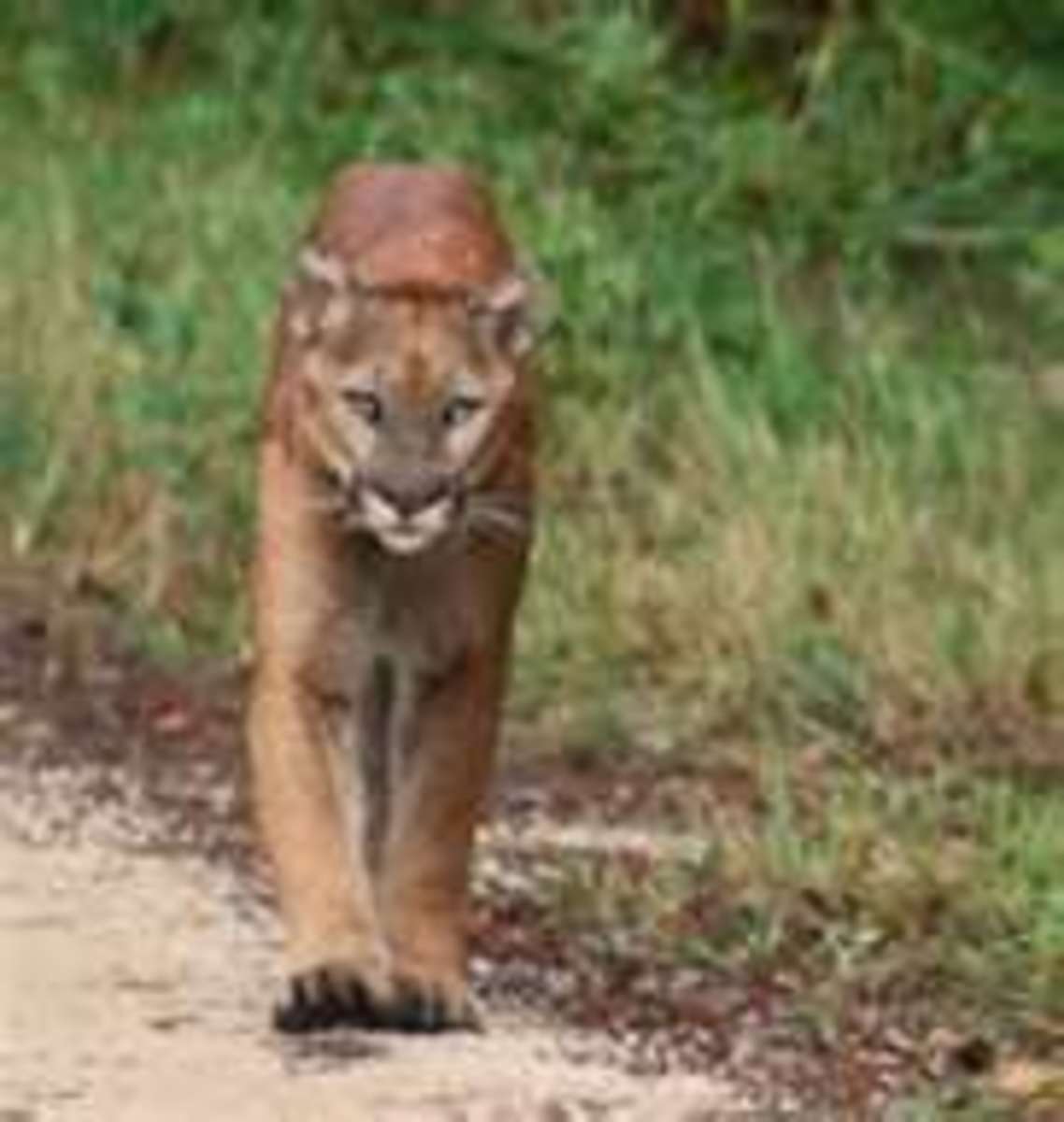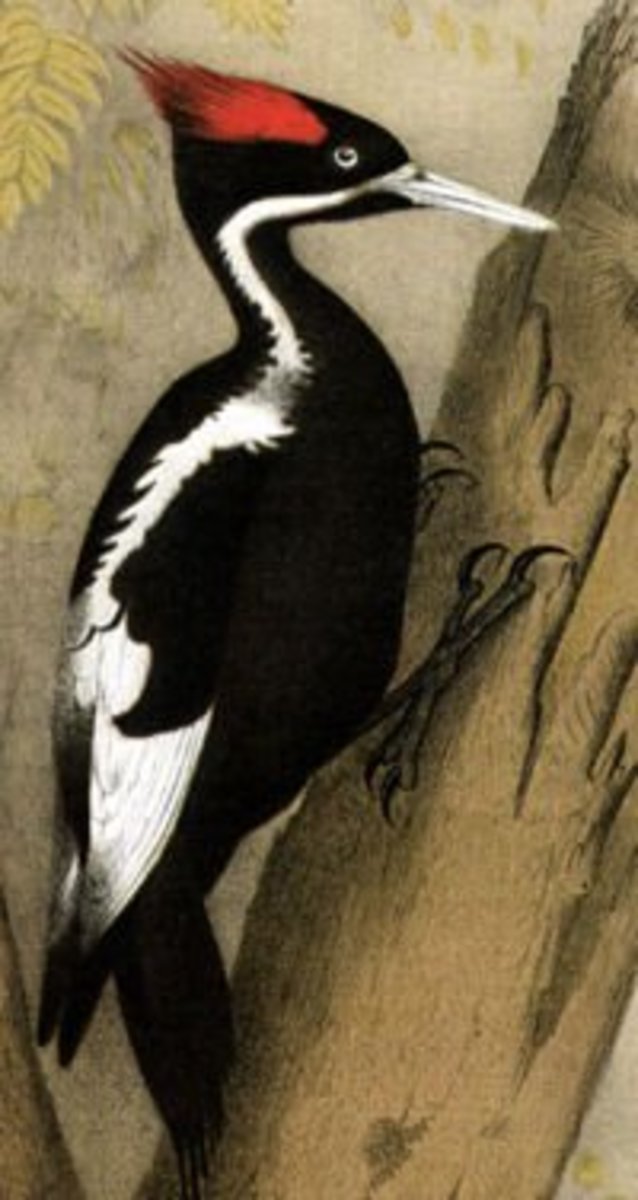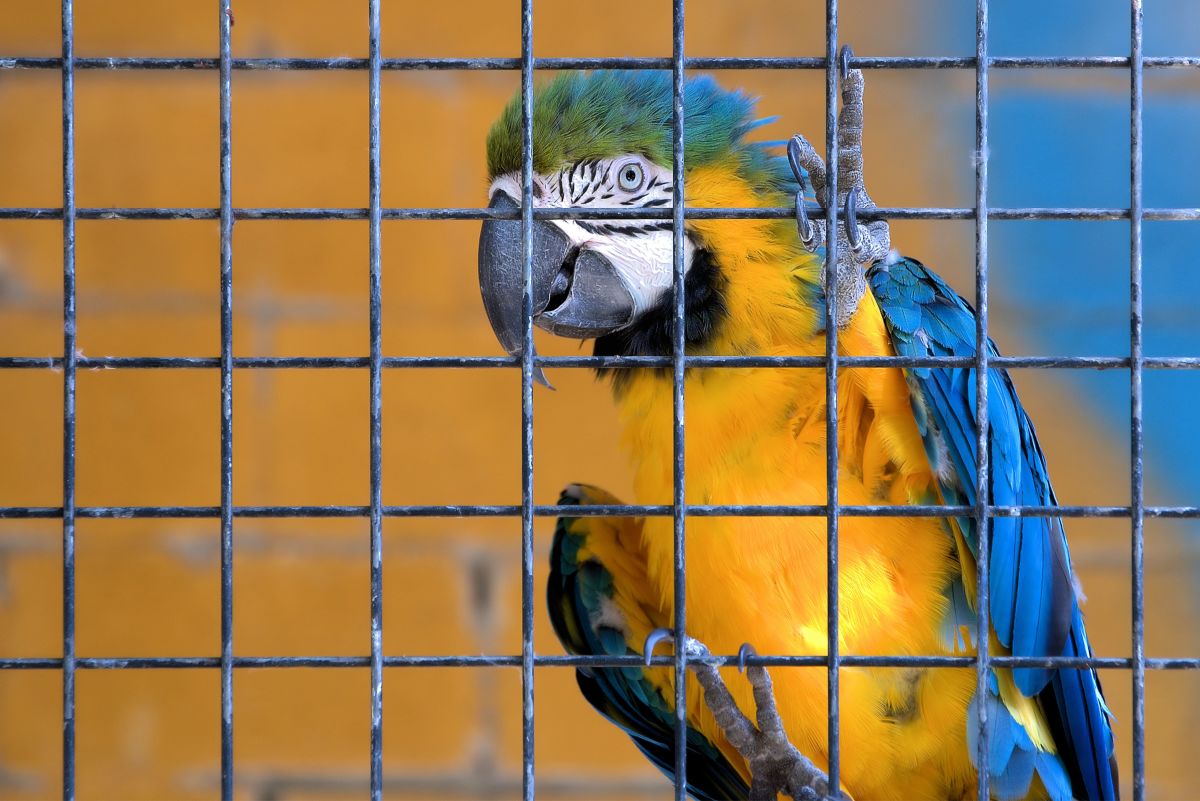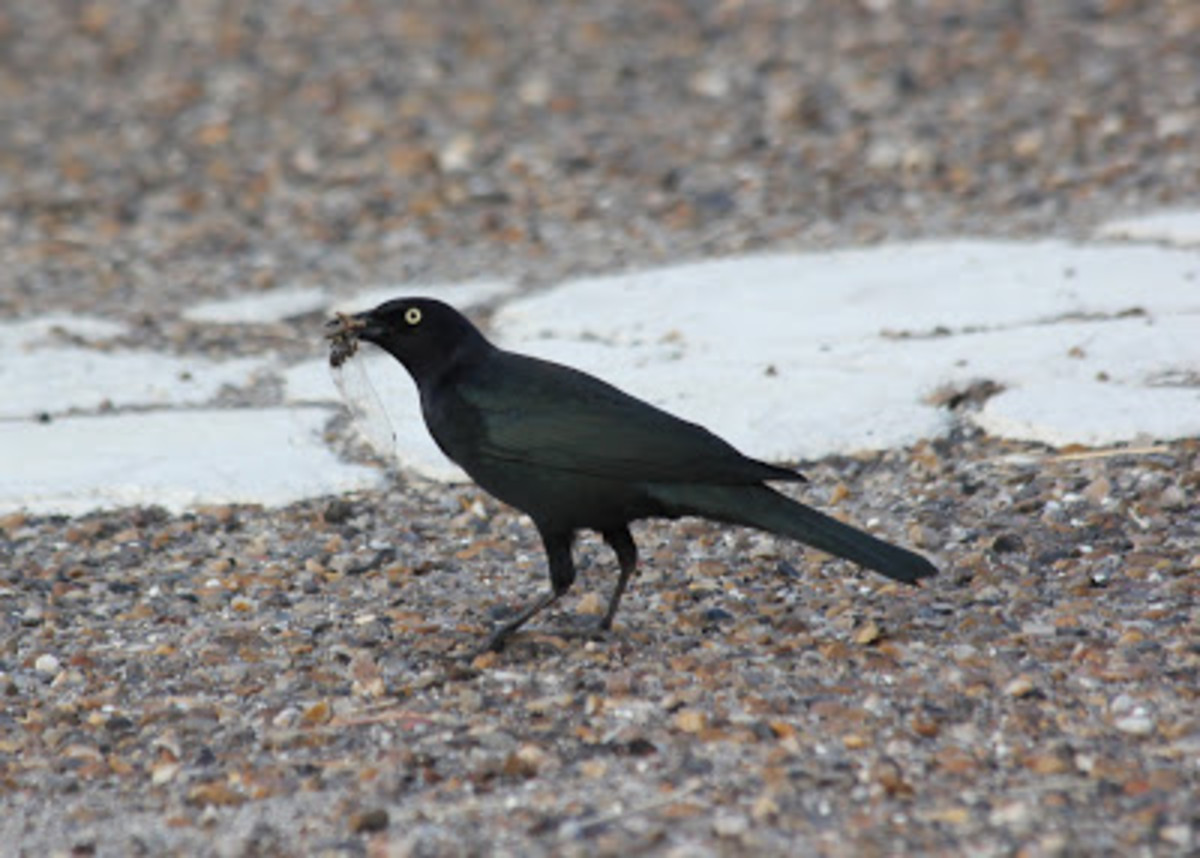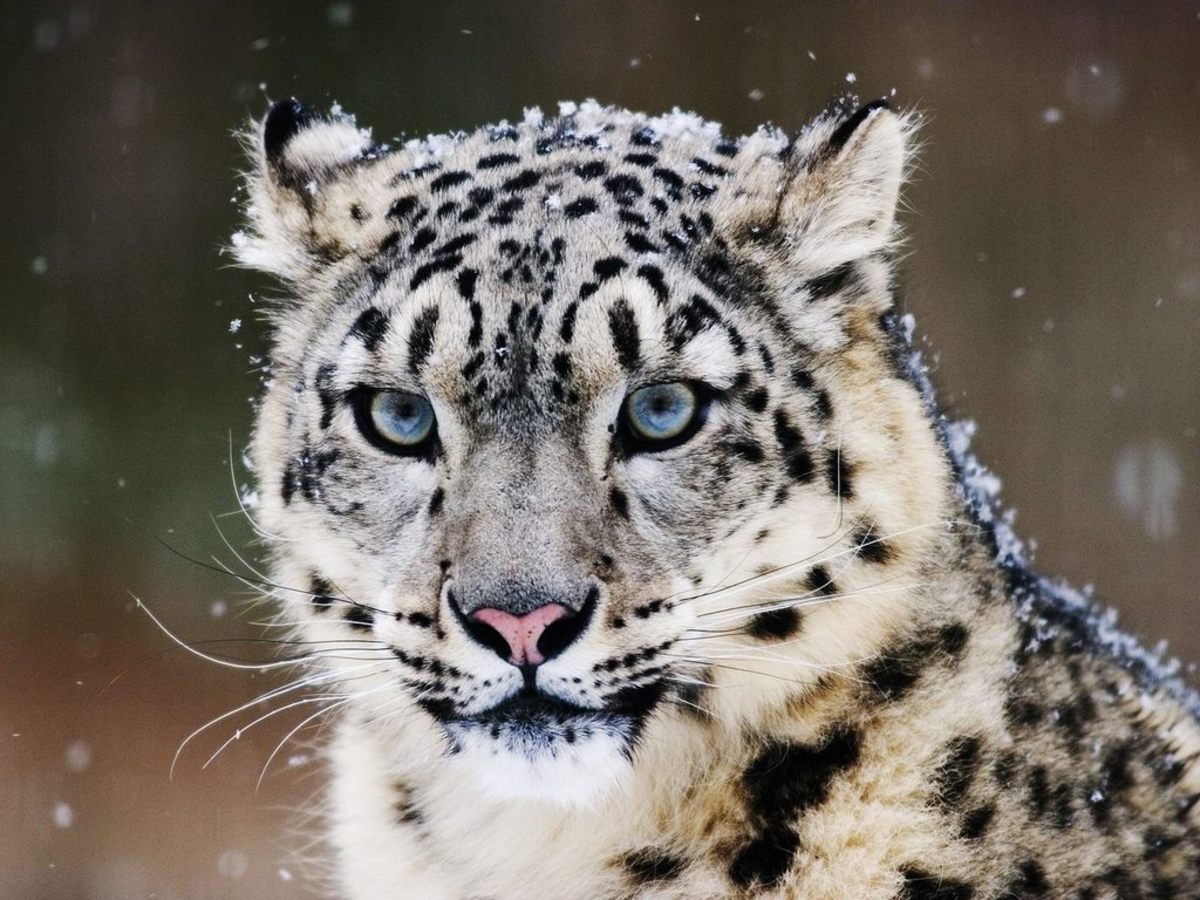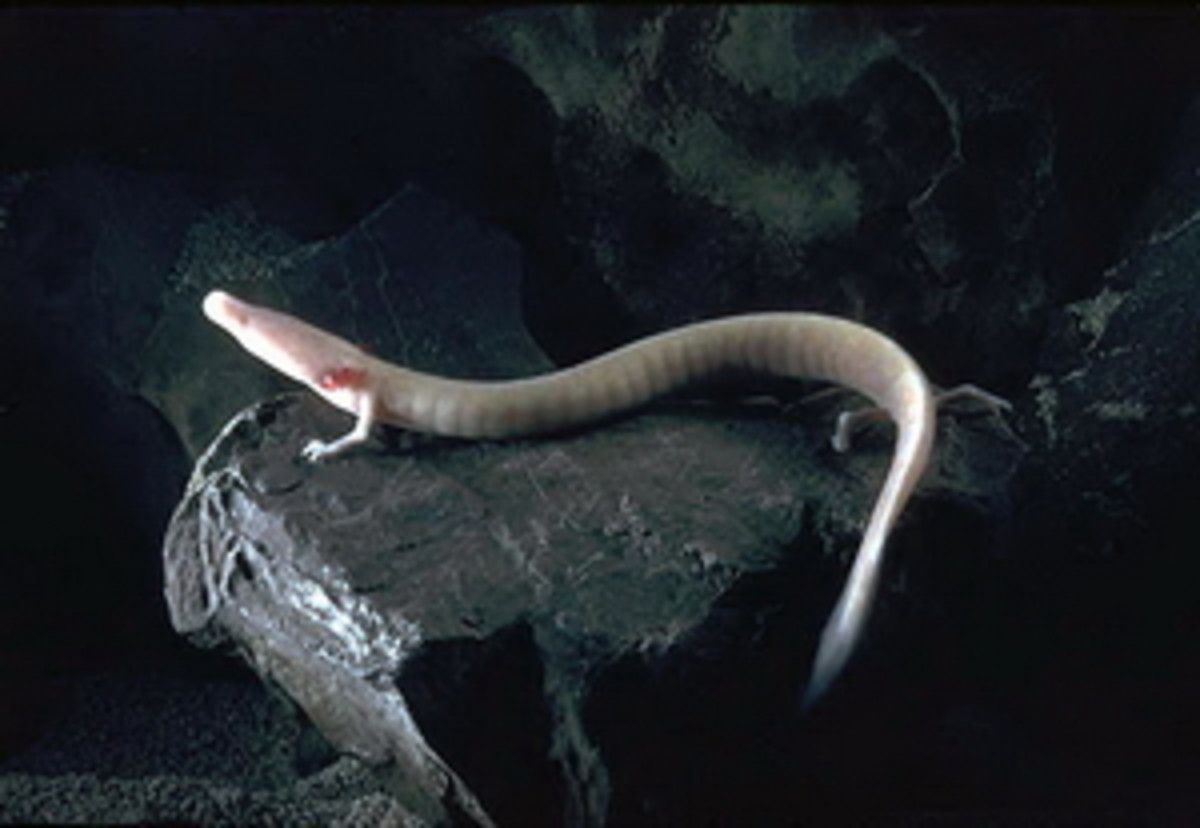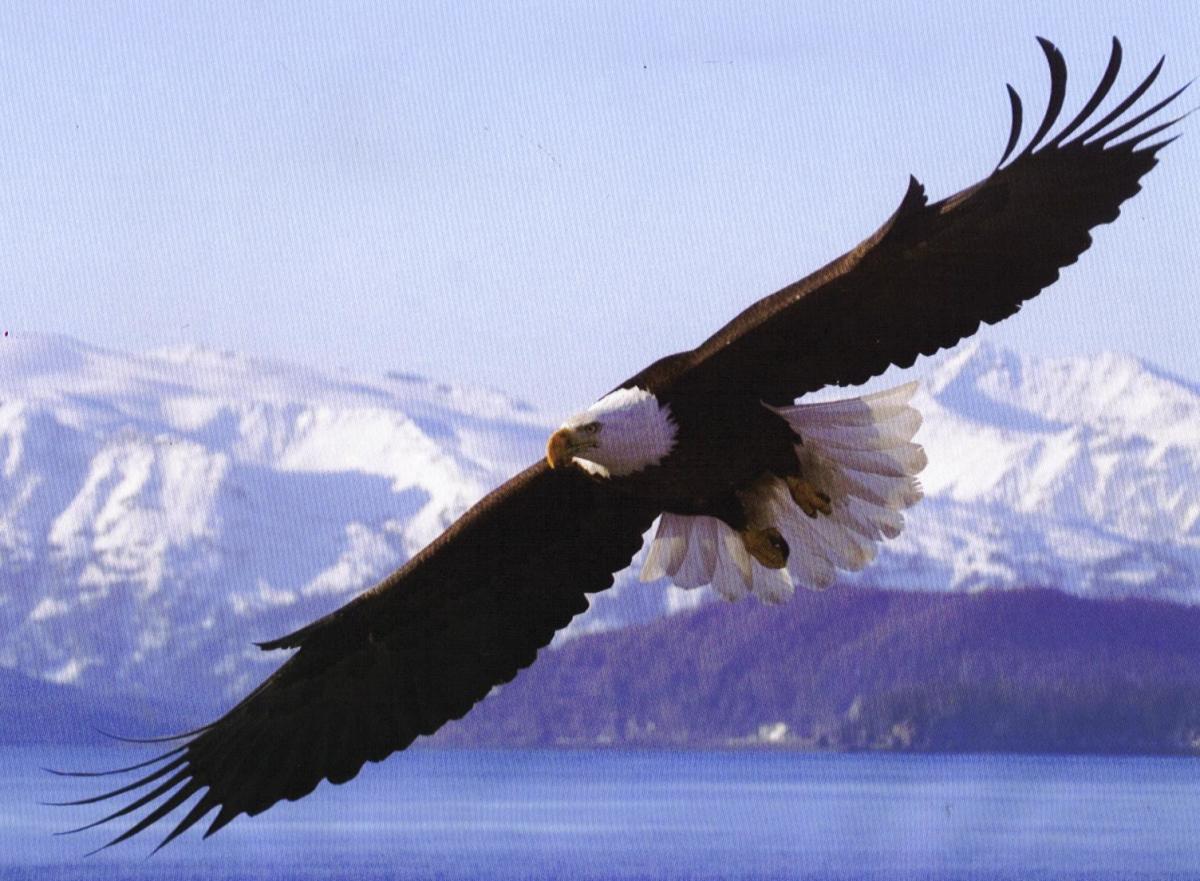- HubPages»
- Education and Science»
- Life Sciences»
- Endangered Species
Wildlife Rehabilitation and Pickles the Opossum
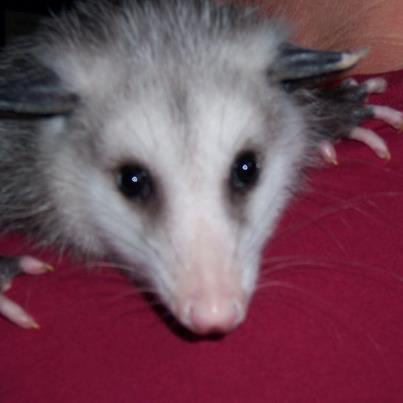
If you live long enough, chances are that at some point in your life, you will encounter a wild critter that needs help. Perhaps you've already rescued your share of birds, squirrels, or baby rabbits. There are reasons to leave rescue to the experts and Pickles, the Opossum is a good example. And...did you know that it is illegal for you to rescue without a license? Check your state laws because it's true.
Pickles was rescued as a baby and raised by humans and domestic pets. She lost her ability to survive in the wild and now she must live her life in a cage without the companionship of other opossums. Pickles won't raise any more babies and she'll never know the freedom of wandering in the darkness of night. But Pickles is one of the lucky rescues. In August of 2012,her rescuers surrendered her to The Nature Zone in Lynchburg, Virginia where the folks know how to take care of her but they waited too late. If Pickles had been taken to a licensed wildlife rehabilitator when they found her, she would still be living the good life in the wild.
Wildlife rehabilitation is a science. It requires special training and most rehabilitators specialize in one area such as birds of prey, song birds, cats, reptiles, etc. The reason rehabilitators specialize is because it takes special equipment, special food, and a lot of knowledge to properly manage an injured or displaced wild creature. The laws are strict and can carry severe fines if you are found taking care of wild animals without a license.
The National Wildlife Rehabilitators Association (NWRA) is the best resource for those interested in becoming wildlife rehabilitators. For the rest of us, there is only one piece of information you need if you find an injured or displaced wild animal.
Call your local animal shelter or a Veterinarian. They can tell you how to handle the immediate situation and put you in touch with a trained and licensed rehabilitator. Contacting an expert ensures that the animal you are rescuing will get the best professional medical help and in most cases, be returned to their natural habitat.
Be Prepared for Safe Transport
Personal Experience
We all have a story so let me tell you mine. A few years ago, a neighbor called me outside to see a "big bird that would not fly away". The bird was a magnificent Cooper's Hawk that stood about 14 inches tall. There was no physical evidence of an injury but the neighbor was right, the bird would not fly away. In fact, it did not even appear to be afraid of us. It was just standing there looking at us, or so we thought.
Fortunately, I had a car carrier so I grabbed a heavy jacket and the carrier and headed back outside. I placed the jacket over the hawk and gently picked it up and put it in the carrier without incident. It took a few phone calls to find a rehabilitator that specialized in birds of prey but I found one that lived about 30 minutes away. She agreed to meet me the next morning and take the bird. I was instructed not to feed it or give it water; to keep the carrier covered and leave the bird alone until it could be delivered.
The next morning I made the trip with the hawk and the rehabilitator took one look and knew something was horribly wrong. She said the hawk was in good physical shape so there was something more serious causing the hawk not to be afraid of humans and, to be unwilling to fly. I left the hawk in her capable hands and asked if she would update me when she knew more.
A few days later she called. The beautiful Cooper's Hawk was euthanized on the third day after veterinarians discovered that the bird was totally blind. The assumption is that it either flew into a car and suffered an injury to the eyes or, had tripped while hunting and suffered a head trauma. Cooper's Hawks hunt on the ground, chasing small rodents through the brush until they capture them. This bird could never return to the wild and could not protect itself in a captive environment due to blindness so it was euthanized. As sad a story as it is, the bird was managed in the most compassionate way, thanks to a skilled wildlife rehabilitator and the awesome veterinarians at The Wildlife Center in Waynesboro, Virginia..
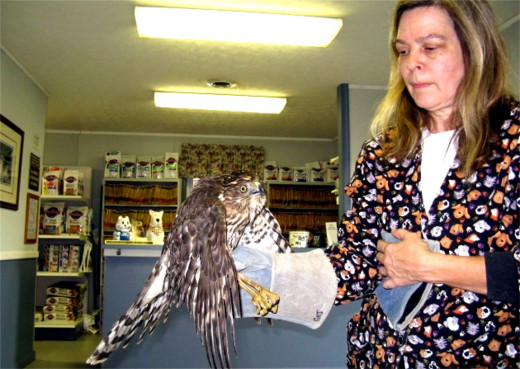
Pickles - The Ambassador
Poor Pickles, the opossum. If only she had gotten in the right hands. It's too late for Pickles to be rehabilitated but perhaps she can be the Ambassador(ess) for other wild critters.
Pickles is loved by the staff and volunteers at The Nature Zone and she gets plenty of attention but, that's not what opossums like. They like to sneak through the night foraging for food and, to play dead. Right?
Pickles is now a movie star. The Nature Zone has a web cam on her 24 hours a day and she has become a local celebrity. Check out her feature film by clicking here. The user ID and password are "nature". The web cam is down sometimes so check back if it doesn't work. And, while you're watching, ask yourself if humans have been kind to Pickles by making her a pet.
Note: Pickles may be sleeping so check back if she doesn't come out to smile for the camera.
Click below to see a short video of Pickles the Opposum
© 2012 Linda Crist



